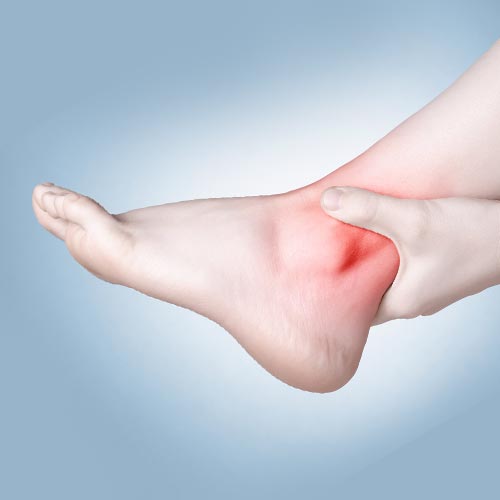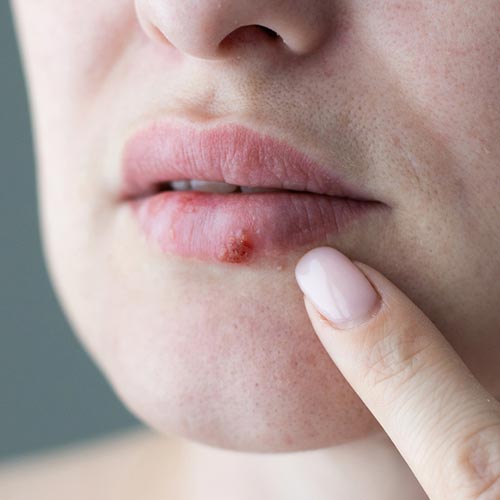Feel Better Faster
Your Pharmacist Can Now Prescribe for Minor Ailments!
Now Prescribing for Minor Ailments
Most people recognize the discomfort and inconvenience of minor health conditions. Minor ailments can have a significant impact on your daily life. Thankfully, many of these conditions don’t require a trip to the doctor and can be effectively treated with over-the-counter (OTC) medications, advice, and in some cases your pharmacist may provide a prescription for the treatment of minor ailments.
Minor Ailments: What Are They?
Minor ailments refer to common, self-limiting conditions that can be diagnosed and managed without the need visit a physician. They typically include:

Allergies

Headaches and Migraines

Minor Skin Conditions
like eczema, acne, and athlete's foot

Digestive Issues
such as heartburn, indigestion, constipation, and diarrhea

Minor Injuries
including sprains and strains

Urinary Tract Infections

Cold Sores
The type of minor ailment that is treatable in Pharmacy varies by province, click here to find a link to your Pharmacist’s provincial scope of practice for minor ailments.
Your Pharmacy: A Convenient Healthcare Destination
Your local pharmacy is a vital healthcare resource, conveniently located and often with extended opening hours compared to your doctor’s office. Not only does your pharmacy provide a wide range of OTC medications, but it is also staffed by pharmacists who are medical professionals with comprehensive training. Pharmacists can advise you on the best treatment options for your minor ailments, guide you on proper medication usage, and, in many cases, can even write a prescription.
How Can Pharmacists Help?
Pharmacists are highly skilled healthcare professionals trained to help patients manage their health and well-being. When you visit your pharmacy with a minor ailment, your pharmacist can:
- Assess your symptoms: Pharmacists can perform an assessment of your symptoms and suggest appropriate treatments. This can save you a trip to the doctor for minor health issues.
- Provide expert advice: Pharmacists can explain how different medications work, their potential side effects, and how they may interact with other medications you’re taking. They can also provide advice on lifestyle changes that might help alleviate your symptoms or prevent the recurrence of certain ailments.
- Refer you to a doctor if necessary: If your symptoms are severe, persistent, or indicative of a more serious condition, your pharmacist can recommend that you see a doctor.
- Manage ongoing health conditions: Many pharmacies also offer services to help manage chronic conditions such as diabetes or high blood pressure. They can provide advice, conduct routine health checks, and liaise with your doctor about your treatment.
- Provide a prescription: Pharmacists can also provide prescriptions where necessary.
Promoting Self-Care
By treating minor ailments at your local pharmacy, you’re embracing the concept of self-care, an essential part of today’s healthcare. Self-care not only helps relieve pressure on healthcare services but also empowers you to take control of your health.
Your pharmacy plays a crucial role in promoting self-care, offering expert advice, and providing a range of products to help you treat minor ailments effectively.
Conclusion
For minor ailments, your local pharmacy is a convenient, accessible, and valuable resource. The expert advice from pharmacists, along with appropriate medication treatment options, can help you manage these conditions effectively at home. Remember, your pharmacist is there to help you make the right choices for your health. Don’t hesitate to ask for advice next time you’re dealing with a minor health issue.


